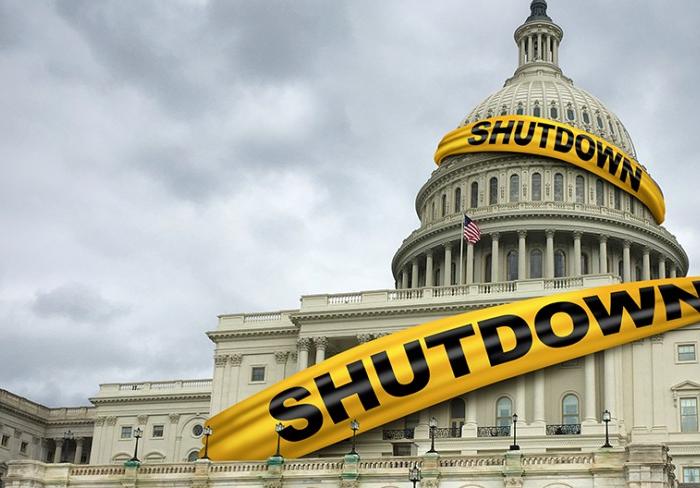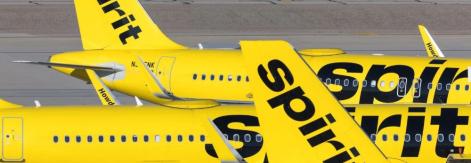Low-cost airline EasyJet has reported a half-year loss despite a 25 percent increase in passengers carried and a 26 percent rise in revenue. The cause is not hard to explain: the budget carrier has been hit by high fuel prices and fuel accounts for 18 percent of EasyJet´s total operating costs.
EasyJet remains financially strong and chief executive, Ray Webster, said the results were in line with expectations. The reported pre-tax loss was £31 million, up from £27 million over the same period last year, which will drag down the airline´s prospects for full-year profits at the end of September.
The strong promotion of the government´s investment policies has been attributed directly to an improved Bahamian economy in 2004, and will also contribute substantially to a 3.5 percent growth in real terms to the economy in 2005, as suggested by the International Monetary Fund.
Cynthia Pratt, Deputy Prime Minister and Acting Prime Minister, in The House of Assembly earlier this week, revealed this during the 2005/2006 Budget Communication address.
The Belize Tourism Board´s most recent report for total tourism arrivals (exclusive of cruise passengers), from all border points for the months of January through March 2005 indicated an increase of 4.9% percent over the same period in 2004. In total, Belize was host to 76,179 overnight visitors, surpassing the 72,629 recorded in 2004.
The Philip Goldson International Airport, Belize´s main port of entry for overnight visitors, documented 58,398 visitors for the months of January through March 2005 compared to 51,956 visitors for the same period last year. This represents a 12.4% increase over the same period in 2004.
St. Kitts & Nevis recorded a real economic growth rate of four percent in 2004 and Prime Minister and Minister of Finance, Denzil Douglas said recently all economic indicators suggest that the rate of economic expansion will continue to improve in 2005.
"This improved economic performance represents a substantial recovery from the relatively sluggish growth in economic activity experienced over the period 1999-2003 when our economy was tossed around by frequent exogenous shocks including natural disasters, international war and terrorism and a very volatile global economic climate," Prime Minister Douglas noted.
The Jamaican government has imposed a levy on incoming international calls, from which it expects to earn one billion Jamaican dollars to facilitate the creation of a Universal Service Fund to finance the implementation of the national e-learning project.
The levy, which becomes effective on June 1, will have all telecommunications carriers pay $0.03 per minute on all incoming international calls terminating on the fixed wired networks, and US$0.02 on all incoming international calls terminating on the cellular networks.
The dollar fell back as profit taking set in after the US currency hit a seven-month high against the euro. The single European currency bought 1.2583 dollars earlier this week from 1.2558 late last week in New York.
"People have been buying dollars so much recently that we´ve just had a bit of a technical correction," said Gary Noone at Informa Global Markets, in an effort to explain the euro´s rise.










